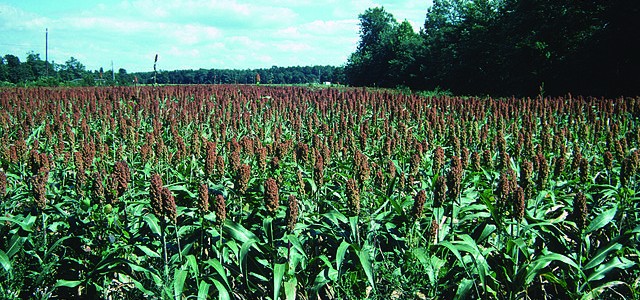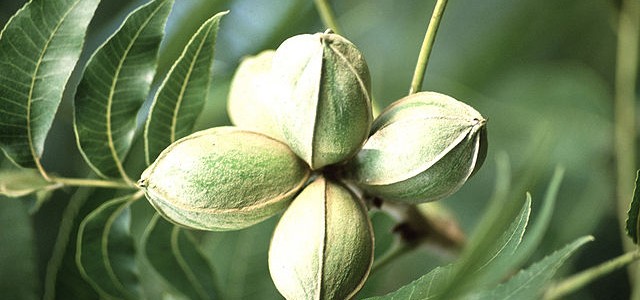Crops
-

Reports on impacts of recent rains continue to come in, both from the flood event on October 1-5 in South Carolina and surrounding areas, and in other parts of the Southeast. The Packer provided a story describing the significant impacts of the heavy rains on vegetable production in South and North Carolina and Virginia. In…
-

The Southeast Farm Press published a gallery of 14 images of storm-damaged crops from the South Carolina flood earlier this week. You can see them here. I heard today on National Public Radio that direct estimates of agricultural losses from the storm are estimated at $30 million, but I haven’t been able to find the story…
-

Impacts of the recent rain in South Carolina and surrounding areas on agriculture are continuing to come in. The Southeast Farm Press ran an article this morning describing the “one-two” punch of a summer drought (which reduced yields by 50%) and the floods, which dropped the expected yields for many crops down to 30% of last year’s…
-

One of the first stories to come out from South Carolina about the impacts of the flooding on agriculture was published yesterday in the Post and Courier with the title above. The flooding hit at a critical time for farmers, near the end of the growing season when many crops are close to harvest if…
-

Southeast Farm Press reported this week that almost all grain sorghum fields in North Carolina have begun to sprout due to wet conditions following a dry spell. According to the article, “Preharvest sprouting of grain sorghum occurs when there is a period of prolonged rainfall, high humidity, high temperature and alternate periods of wetting and…
-

The journal Nature posted a new article this week on the long-term consequences of drought on California agriculture and why things may have to change in the future in spite of short-term relief from El Niño. You can read the article at https://www.nature.com/news/california-agriculture-weathers-drought-at-a-cost-1.18457.
-

Rome Ethredge posted an article from Dr. Lenny Wells, UGA Extension Horticulturist, on the start of the pecan harvest this year in Georgia. This year’s crop looks to be one of the best we have had in the past several years and was aided by dry conditions in June which helped prevent scab in the…